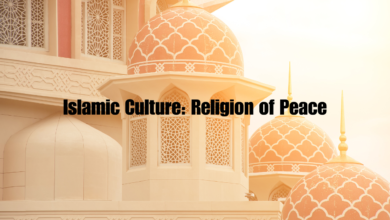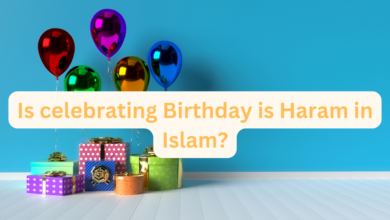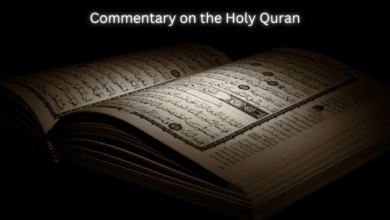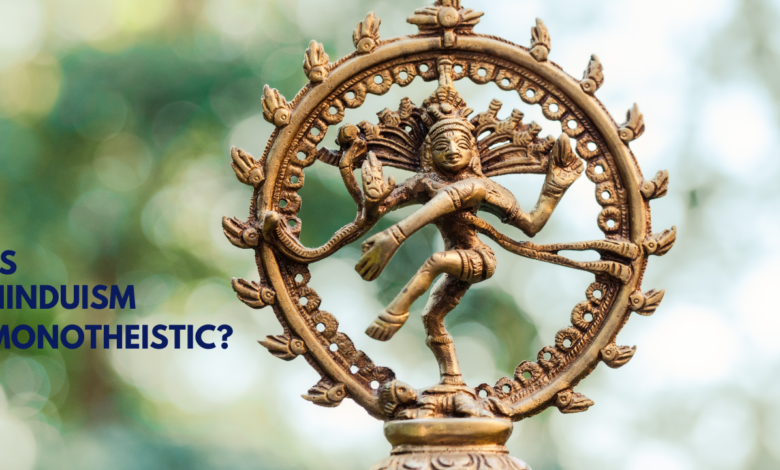
Is Hinduism Monotheistic?
Hinduism is not strictly monotheistic in the conventional sense. While it recognizes the concept of Brahman as a single, ultimate reality, it also encompasses a multitude of deities, which can make it appear polytheistic.
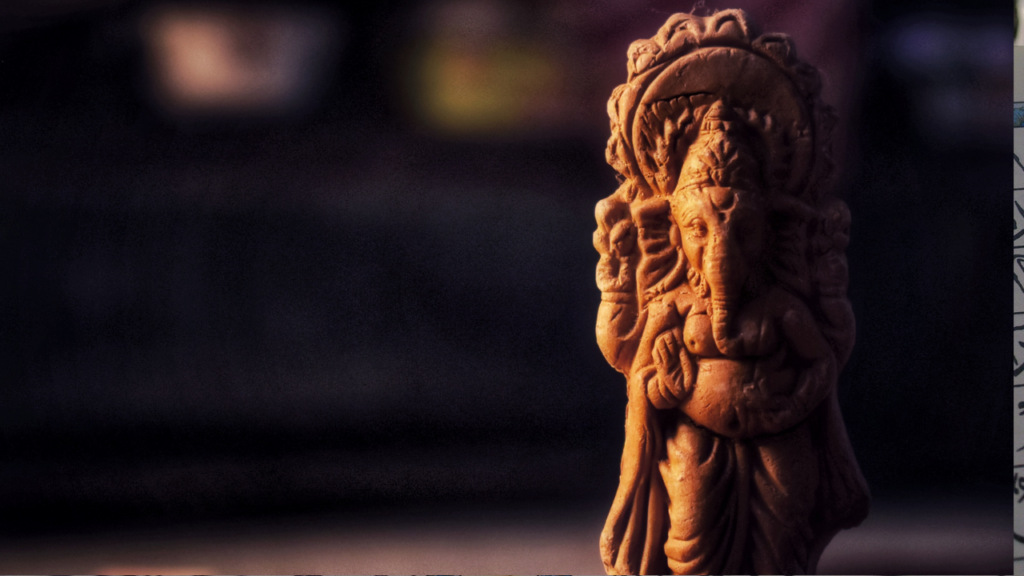
Introduction
Hinduism, one of the world’s oldest and most diverse religions, is often a subject of curiosity and debate when it comes to its theological nature. One of the central questions that arises in discussions about Hinduism is whether it is a monotheistic religion. The answer to this question, however, is not a straightforward one, as Hinduism’s theological landscape is rich and complex, encompassing a wide spectrum of beliefs and practices.
To understand the monotheistic aspects of Hinduism, we must explore the various dimensions of this multifaceted religion.
Polytheism in Hinduism:
Hinduism is famously known for its vast pantheon of deities, with thousands of gods and goddesses. These deities, known as devas and devis, serve various functions and are often seen as manifestations of a single, ultimate reality or source of all creation, known as Brahman. This multiplicity of gods and goddesses has led many to perceive Hinduism as a polytheistic religion. Each deity represents different facets of life, nature, and human experiences, and devotees can choose the deity or deities they feel a personal connection with. This allows for a highly personalized approach to spirituality.
Also check.
- What is Quran?
- What is Haram?
- Who is the Current Caliph of Islam?
- What Foods are Forbidden in Islam?
- What is the Holy Book of Islam?
The Concept of Brahman:
Hinduism’s monotheistic dimension comes into focus when we consider the concept of Brahman. Brahman is often described as the ultimate, formless, and unchanging reality that underlies all of existence. It is sometimes referred to as the “One Supreme Being” or the “Ultimate God.” This concept of a singular, all-encompassing divine force has led some scholars and practitioners to view Hinduism as a monotheistic faith. In this monotheistic interpretation, the multitude of deities is seen as various aspects or manifestations of the same ultimate reality, akin to different facets of a multifaceted gem.
Henotheism and Monism:
Hinduism also incorporates elements of henotheism and monism. Henotheism is the belief in multiple deities, but the worship of one particular deity as the supreme god. In this sense, individual Hindus may focus their devotion on a single deity, such as Vishnu or Shiva, while acknowledging the existence of other deities. Monism, on the other hand, is the belief that everything is one and interconnected. It posits that all individual forms and manifestations are ultimately illusory, and the true reality is the oneness of Brahman. These concepts add layers of complexity to the understanding of Hindu theology.
Personal Interpretation:
One of the remarkable features of Hinduism is its inclusivity and the freedom it provides for personal interpretation and spiritual practice. It is a religion that encourages individuals to explore their own spiritual paths, choose their own deities, and develop a unique relationship with the divine. This means that whether a Hindu identifies as monotheistic, polytheistic, henotheistic, or monistic can vary widely from person to person.
Conclusion:
In conclusion, the question of whether Hinduism is monotheistic or not is a nuanced one. Hinduism’s theological diversity and its capacity to encompass a wide range of beliefs and practices make it difficult to categorize it simply as monotheistic or polytheistic. Some Hindus may strongly emphasize the worship of a single deity, while others may venerate multiple deities or focus on the formless concept of Brahman. Ultimately, Hinduism’s religious pluralism and philosophical richness allow for a wide spectrum of beliefs, and it is this very diversity that makes it such a fascinating and enduring religious tradition.
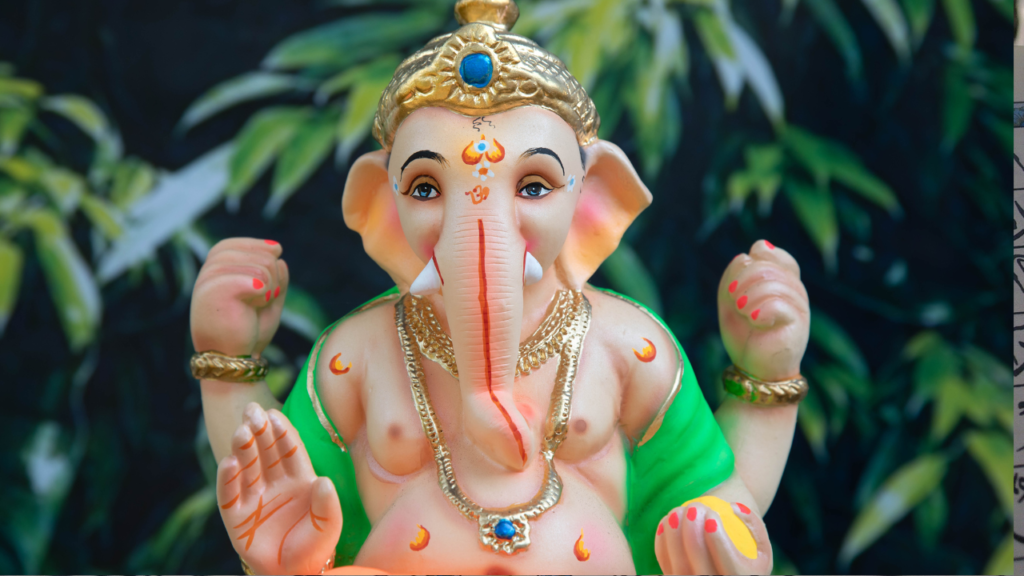
FAQs
Is Hinduism a monotheistic religion?
Hinduism is not strictly monotheistic in the conventional sense. While it recognizes the concept of Brahman as a single, ultimate reality, it also encompasses a multitude of deities, which can make it appear polytheistic.
How can Hinduism be both monotheistic and polytheistic?
Hinduism’s monotheistic aspect is based on the belief in Brahman as the ultimate reality, while its polytheistic nature is characterized by the worship of numerous gods and goddesses. These deities are often seen as manifestations or aspects of Brahman.
What is the role of deities in Hinduism?
Deities in Hinduism represent different aspects of life, nature, and human experiences. Devotees can choose specific deities to worship based on their personal preferences and needs.
Are there any dominant deities in Hinduism?
Hinduism has several major deities, including Brahma (the creator), Vishnu (the preserver), and Shiva (the destroyer), who are often considered principal figures in the religion. However, there are numerous other important deities as well.
What is the concept of Brahman in Hinduism?
Brahman is the unchanging, formless, and ultimate reality that underlies all of existence in Hinduism. It is often referred to as the “One Supreme Being” or the “Ultimate God.”
Is there room for personal interpretation in Hinduism?
Yes, Hinduism encourages personal interpretation and spiritual exploration. Individuals are free to choose their own deities, rituals, and paths of devotion, leading to a wide range of beliefs and practices within the religion.
